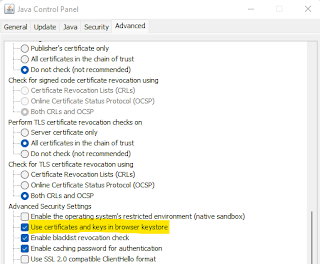Enable debug level for the AD CS Certification Authority
The error messages an AD CS Certification Authority displays are often not very useful. Errors, for instance, when trying to start the Certificate Services are sometimes generic and make troubleshooting difficult. One option to get additional information regarding the problem is to set the CA to debug level. This can be achieved running the following command: certutil -setreg ca\debug 0xffffffe3 When restarted, a debug log file is written to %windir%\certsrv.log , with its content being something like: ======================================================================== Opened Log: 21.11.2023 00:23 38.237s GMT + 1,00 certca.dll: 6.3:9600.17415 retail certsrv.exe: 6.3:9600.21062 retail 503.1945.0:<2023/11/21, 0:23:38>: 0x0 (WIN32: 0) 508.1341.0:<2023/11/21, 0:23:38>: 0x2 (WIN32: 2 ERROR_FILE_NOT_FOUND): DBMaxReadSessionCount 513.17174.0:<2023/11/21, 0:23:38>: 0x80070490 (WIN32: 1168 ERROR_NOT_FOUND): CAExchange 508.1734.0:<2023/11/21, 0:23:38>: 0x80070490 (W...

